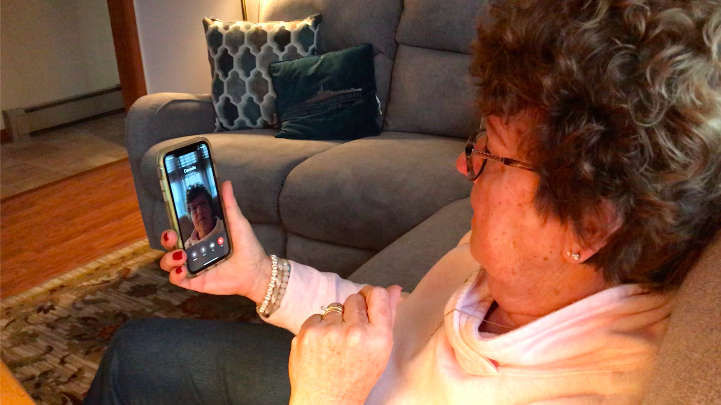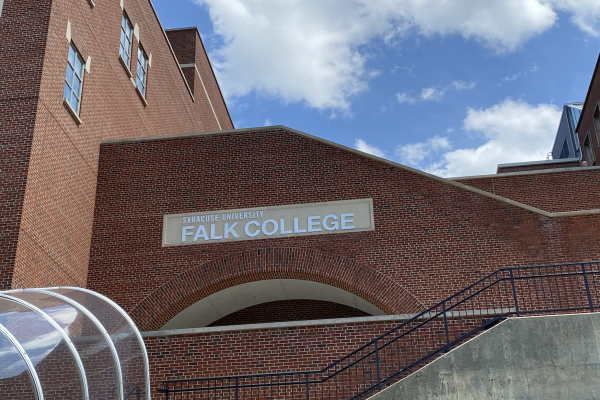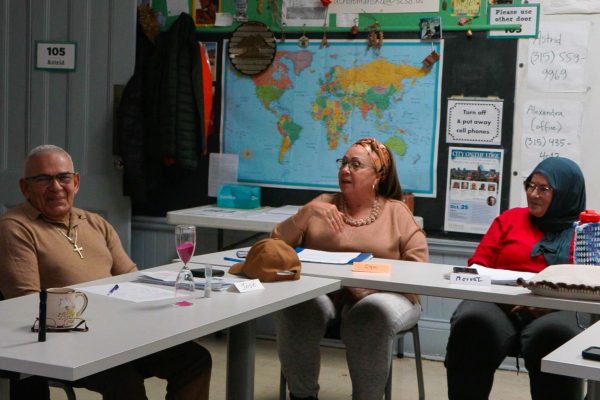
Waterloo, N.Y (NCC News)- According to recent studies done by the Kaiser Family Foundation (KFF) one in four older adults have reported anxiety or depression amid the COVID-19 pandemic.
In July, the KFF also reported that 53% of U.S. adults 18 and older said that worry and stress related to coronavirus had a negative impact on their mental health.
Dr. Phil Wirth, a physician, says that seniors are especially susceptible to declining mental health.
“Whether it’s anxiety or depression or jeez, ‘I turned to alcohol’ to get me through things,'” Wirth said. “In particular with the seniors, in certain instances it’s been catastrophic.”
While Peg Heinzman has never been diagnosed with a mental health disorder, she knows that the loneliness during this time can get to you.
Since March she has tried to avoid contact with others, ordering her groceries online and staying indoors. She is alone in her four bedroom house, ever since her husband of 49 years passed away from cancer in 2018.
“There’s just me in this big house,” Heinzman said. “There’s nobody to talk to, no one to bounce my opinions of things off of. It’s all just me.”
And while she is alone physically, she stays connected with family virtually.
Through apps such as Facebook and FaceTime, she talks to her three grandchildren in Virginia. Whom she hasn’t seen in over a year.
“But at least I can see them on Facebook and they can talk to me, so they know who I am and they can see the changes,” Heinzman said. “They can tell me about school, they can show me that they’ve lost their teeth.”
While she hasn’t been there to see some of the kids milestones such as horseback riding and the first gymnastics event, she is still happy that we have the technology to stay connected in such a hard time.
“I miss them everyday, but at least I can pull out my phone and see their face,” Heinzman said. “To see the kids facial expressions when they get the gifts I send them, means the world to me.”
While the holiday season will look different to everyone this year, Heinzman knows that family is just a zoom call away.
“We were thinking about doing a zoom call for thanksgiving,” Heinzman said. “But I’m not sure if we would get annoyed at each other and try and talk over one another.”




